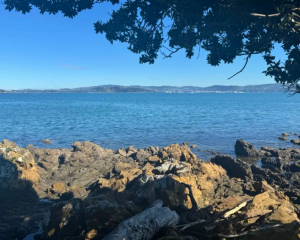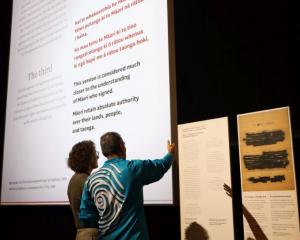The world's first specialist prison treatment programme for child molesters in Canterbury has today celebrated its 25th anniversary, with prison chiefs reflecting on its success in reducing re-offending.
Kia Marama special treatment unit, based at Rolleston Prison outside Christchurch, was a globally-pioneering project when it was built in 1989.
Since then, it has treated more than 1100 child sex offenders and inspired similar units across the world.
Inmates take part in an intensive 33-week programme that at first focuses on getting them to understand and develop insight into why they made the choices that led to their horrific crimes.
They are then helped to develop an empathetic appreciation of how they came to offend and the harm caused by their actions, said Kia Marama principal psychologist, Alex Green today.
"What we know from the research is that the vast majority of men who have sexually abused children and undertaken treatment to address their offending do not go on to reoffend," she said.
Studies say it has produced a 29 per cent drop in sexual re-offending.
Outside the wire of the low security working prison, inmates work under the watchful eye of prison guards at a plant nursery, orchard, and an impeccably manicured garden that produces fruit and vegetables to support the Christchurch City Mission Foodbank.
On a tour of the prison grounds today, a former gangster and child sex offender, who cannot be identified for legal reasons, told NZME. News Service of his experiences at the unit.
"I've seen a lot, and done a lot on my life that is wrong. I'd probably still be acting the same way if this place didn't exist," he said.
The prisoner said he had spent five years serving at Christchurch Mens' Prison and Rolleston Prison.
In those environments, he felt he would never change his ways.
"Two years ago I came here to Kia Marama," the 52-year old said.
"I wanted to change -- turn my life around. I was totally sick of the culture in the jails, sitting round talking s*** all day."
Since taking part in the revolutionary treatment programme, he says he has "found myself".
"Most of my life I have been in gangs, and around gang culture, only thinking about myself and my mates," he said.
"This place has taught me to open up and show me things that I always sort of knew but just couldn't explain."
He says he now has a greater appreciation of the impact his crimes had on his victims, and his family.
Christchurch District Court judge and long-serving Parole Board member, Judge David Saunders said that prior to the existence of the 60-cell Kia Marama, lawyers were already pushing for sex offenders to receive some sort of treatment.
"There will always be a stigma by what they have done, but research has shown that with appropriate treatment, they are able to change their ways," he said.
By Kurt Bayer of NZME. News Service











